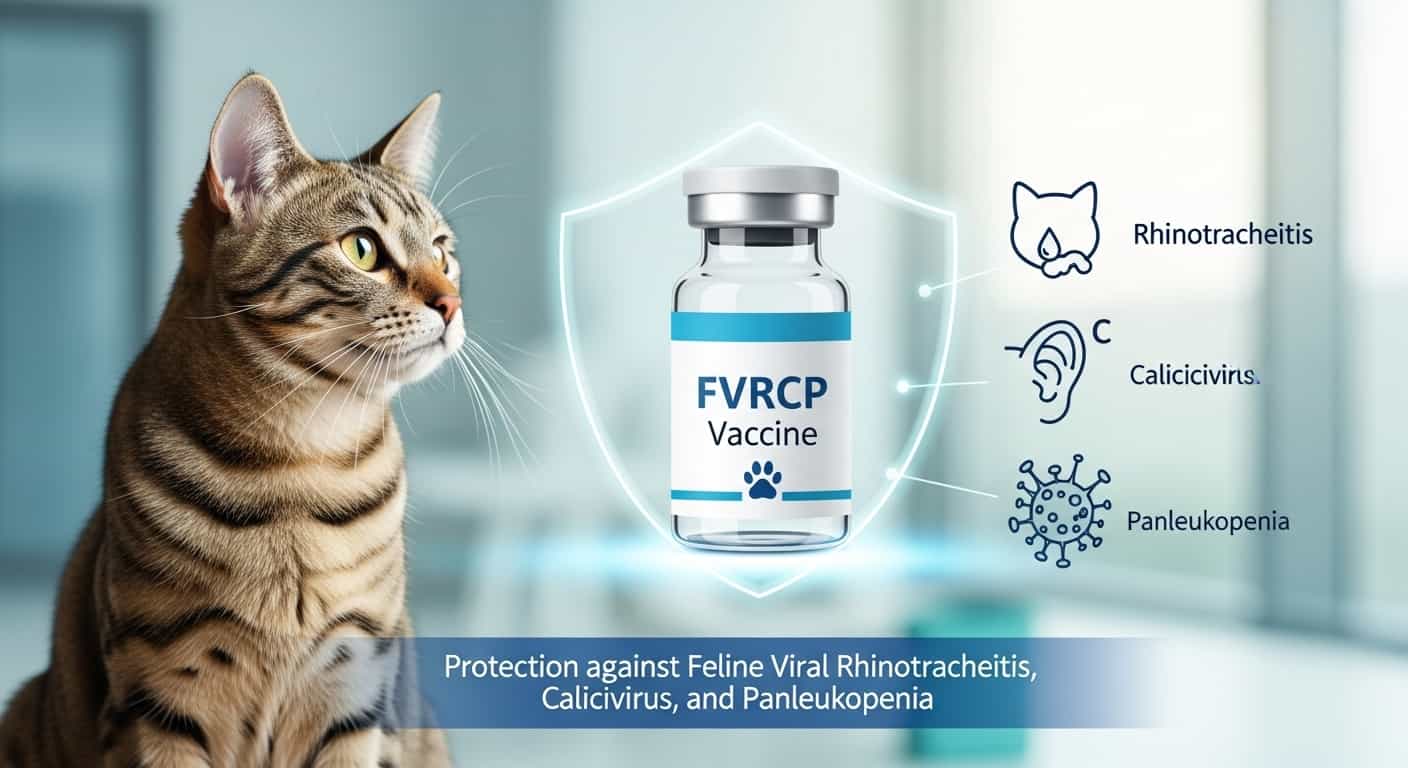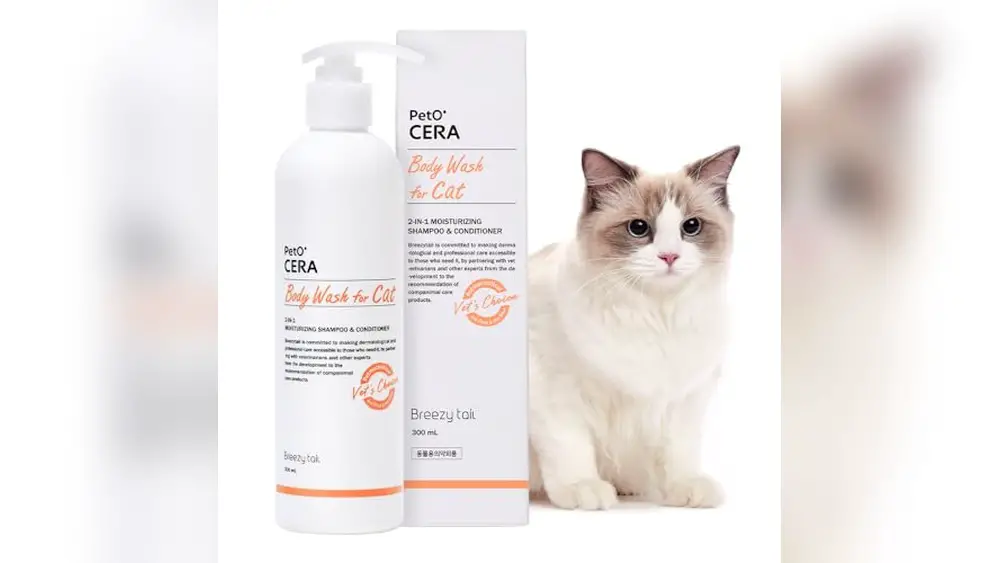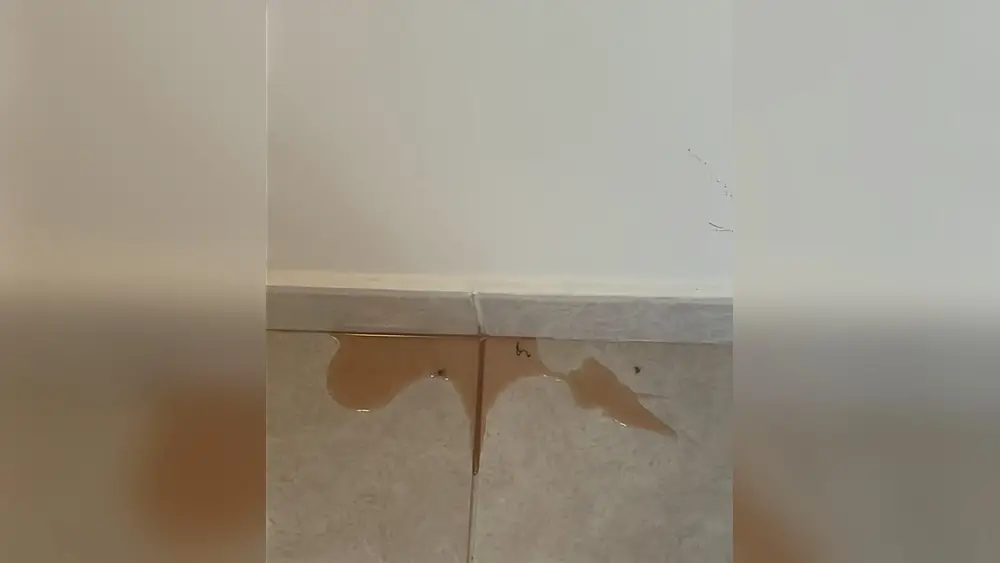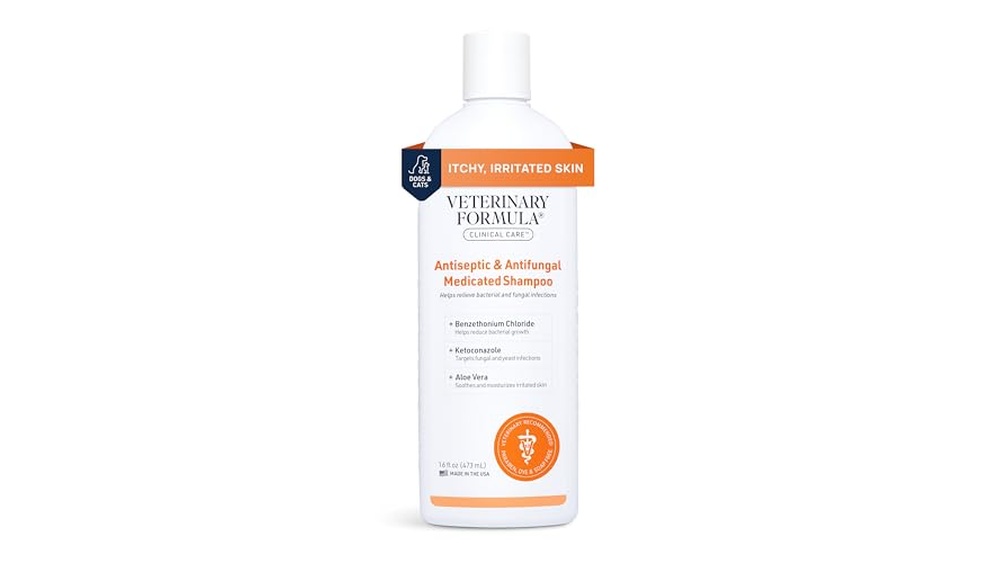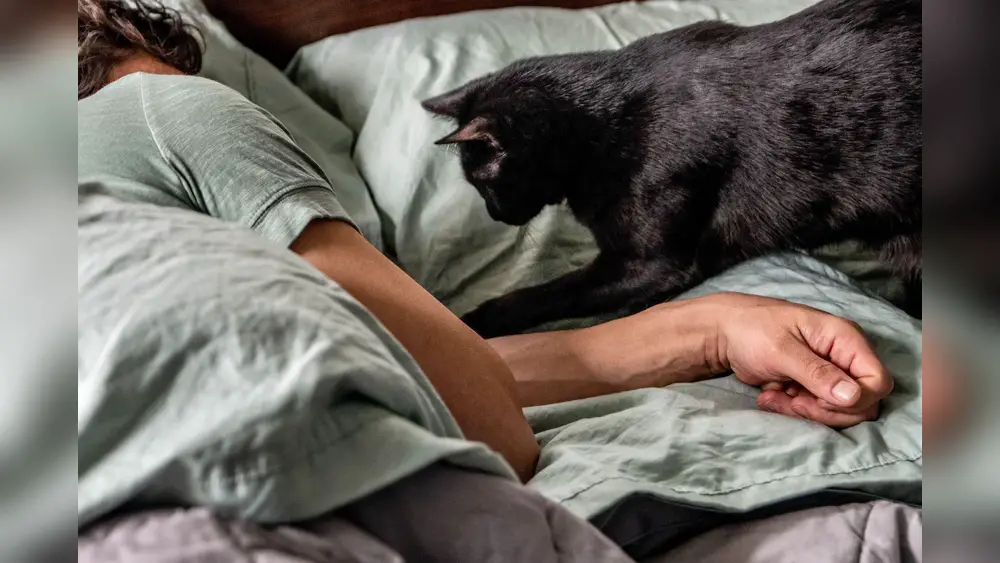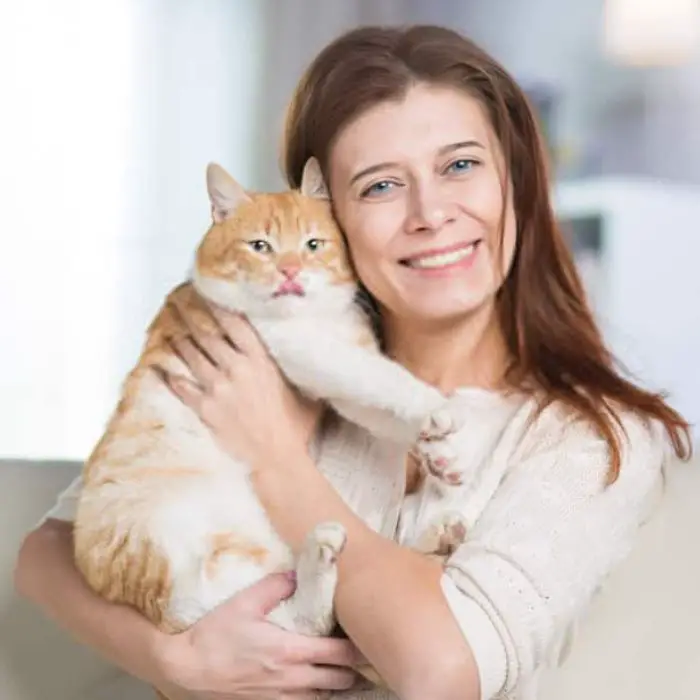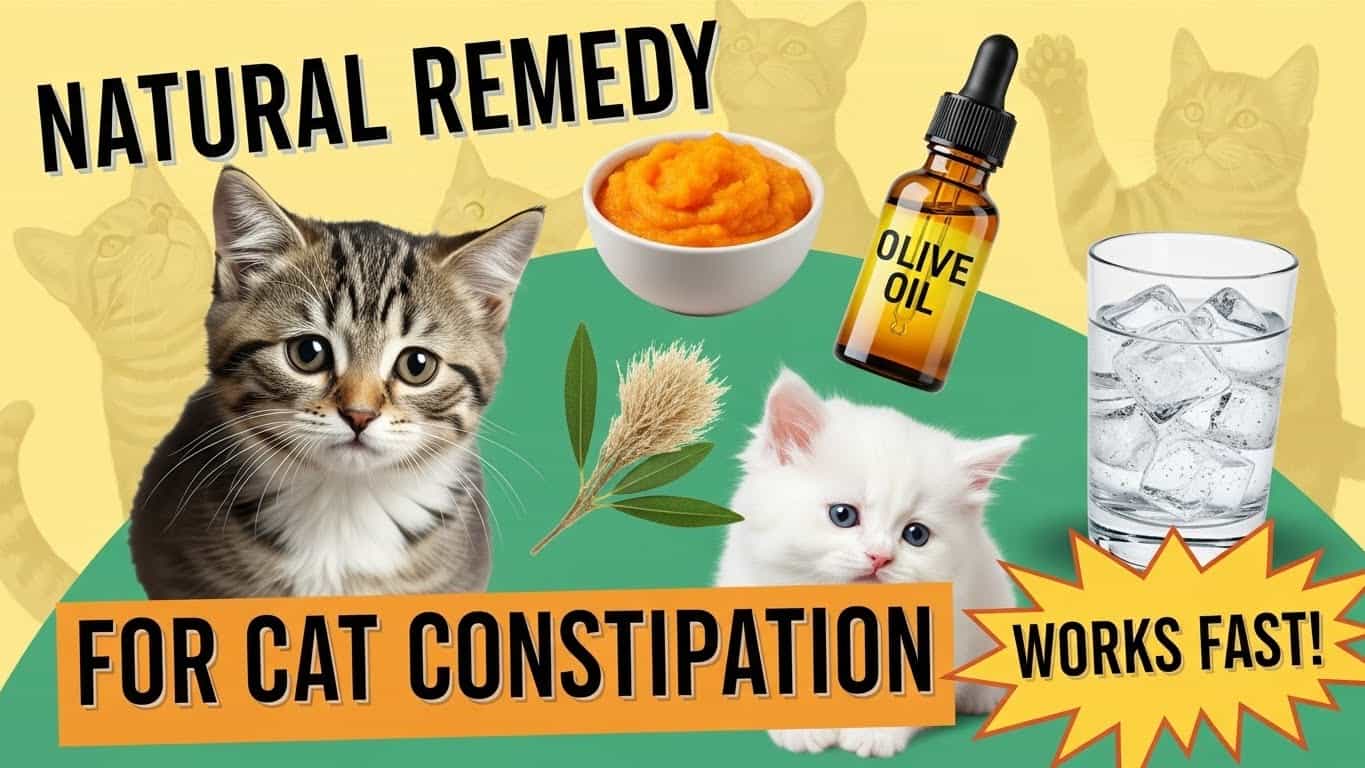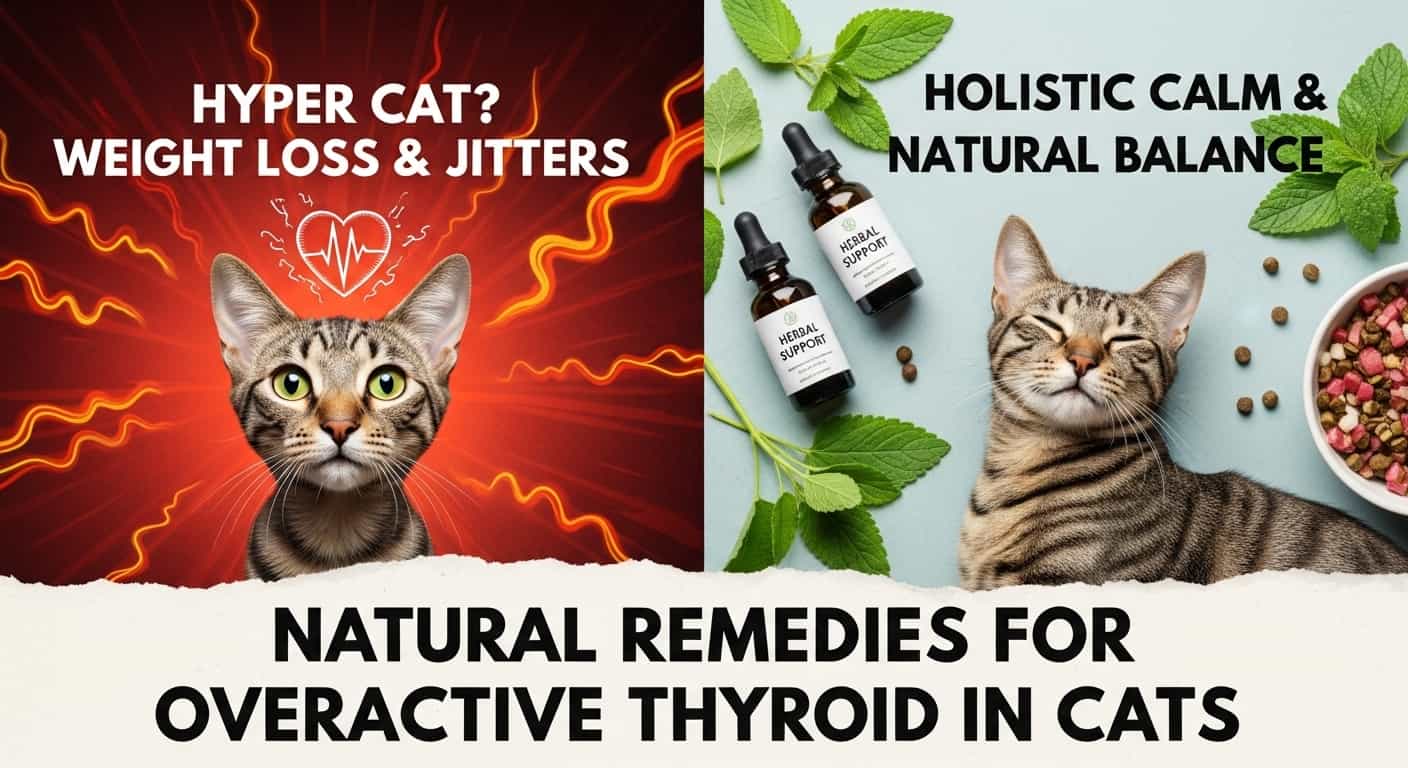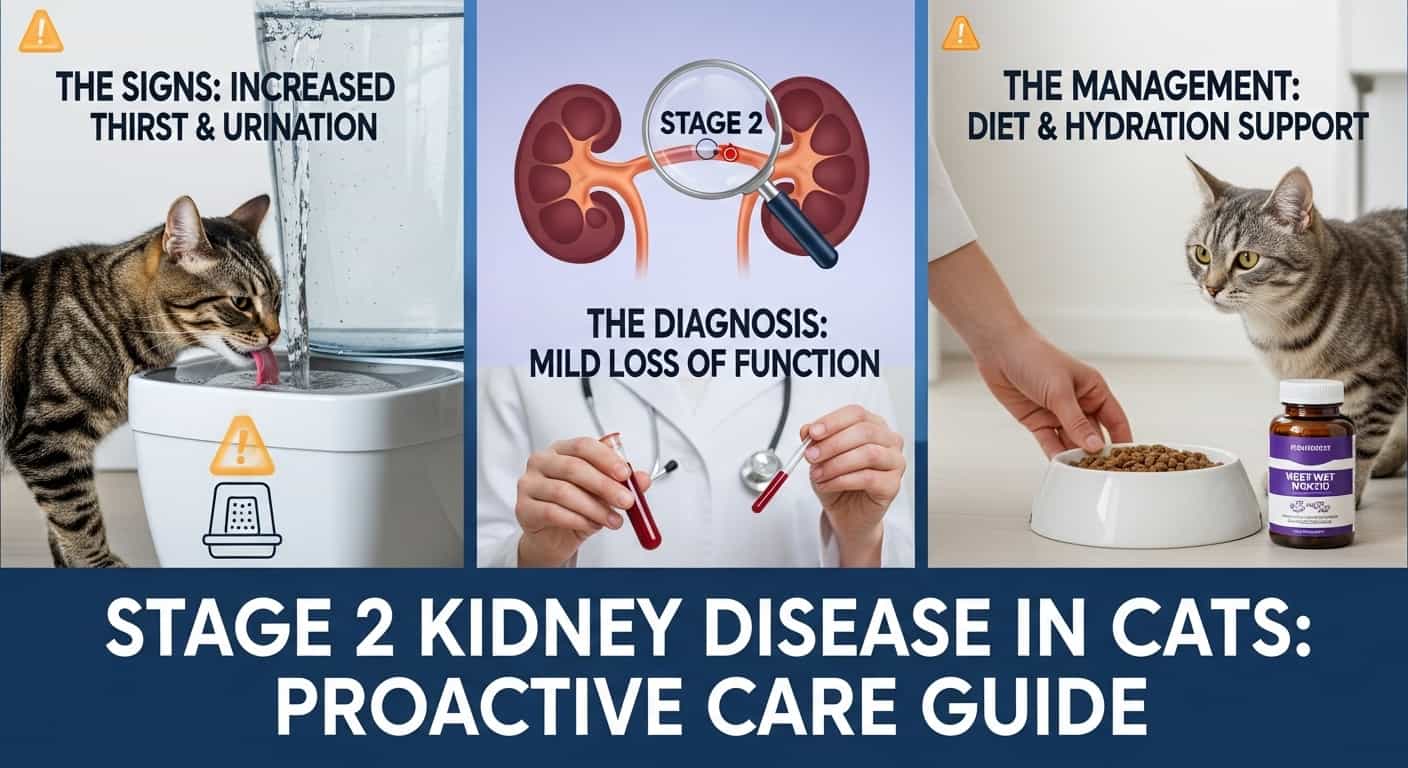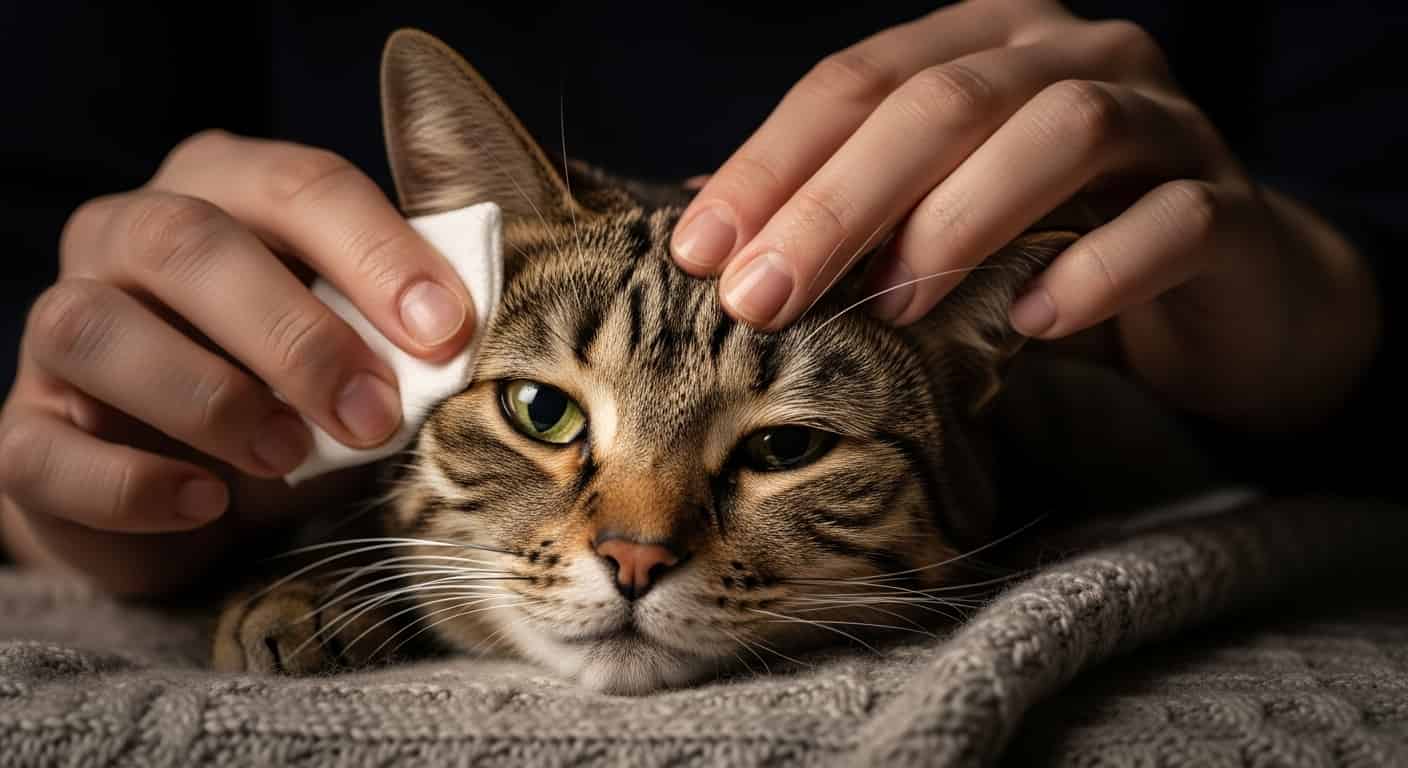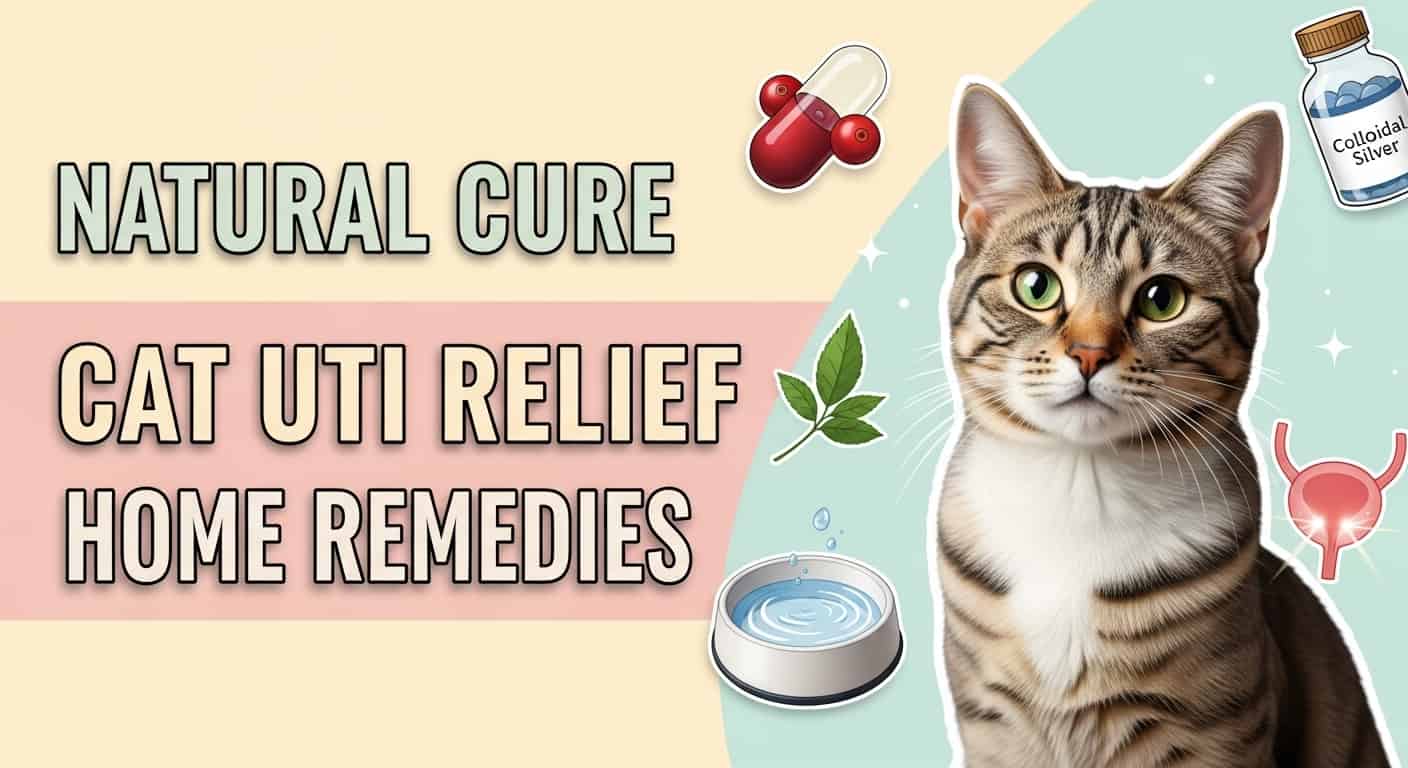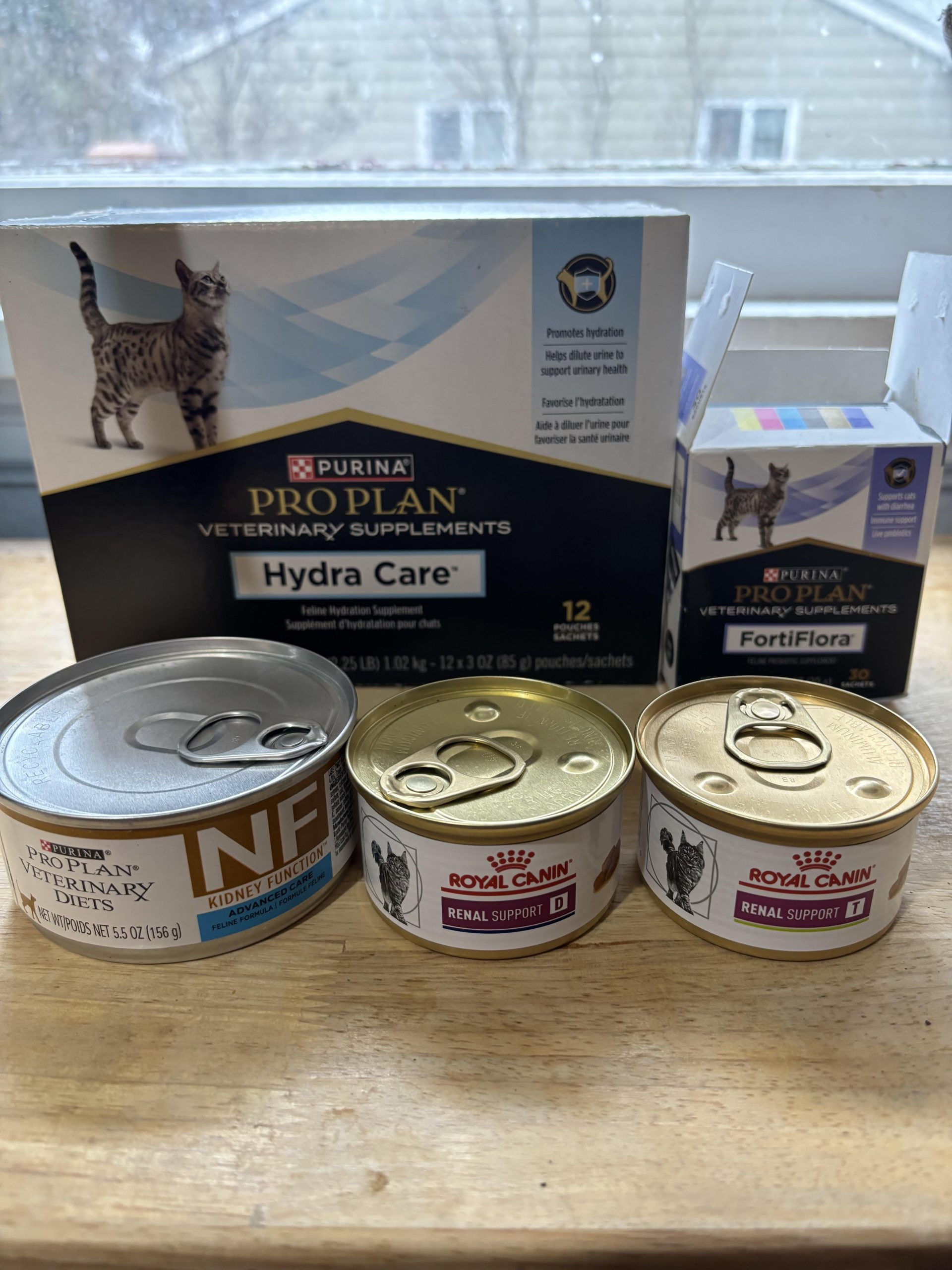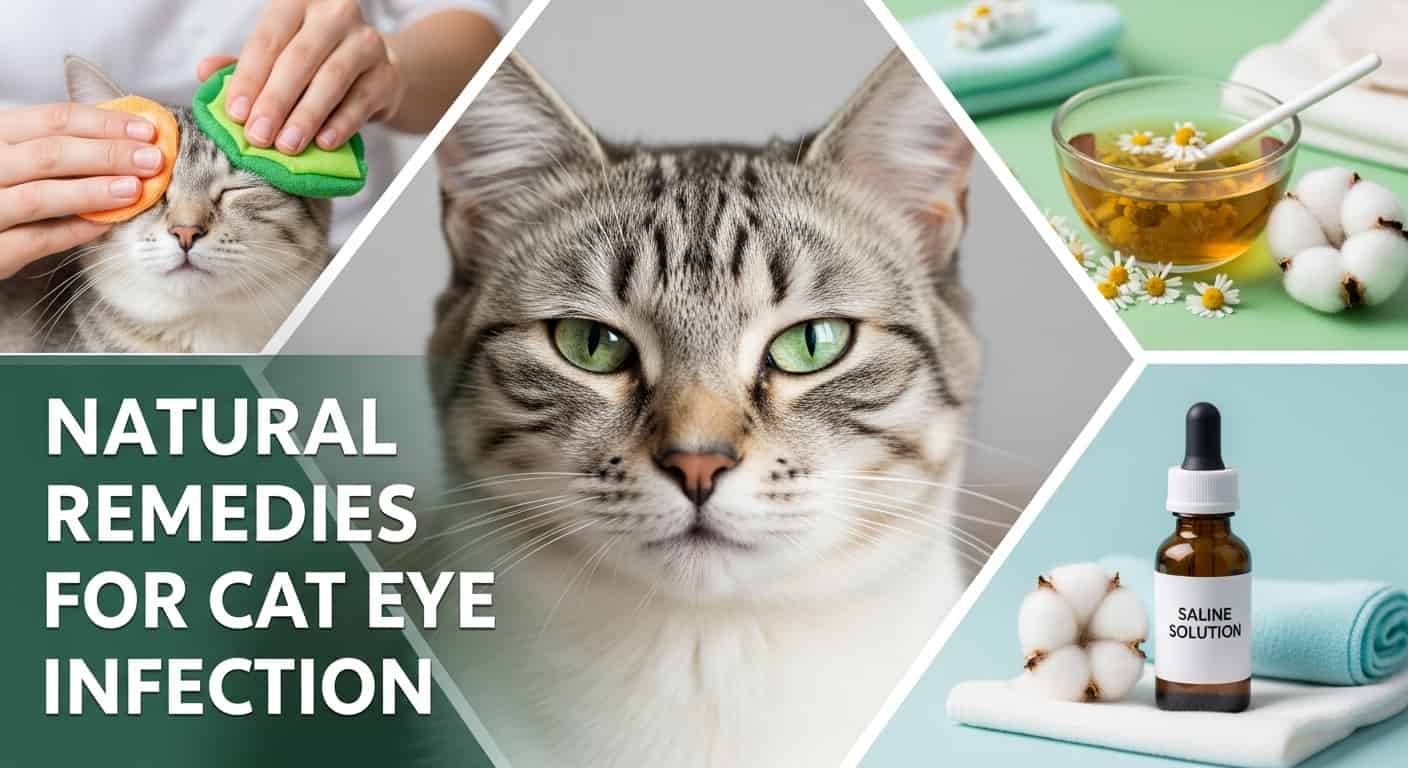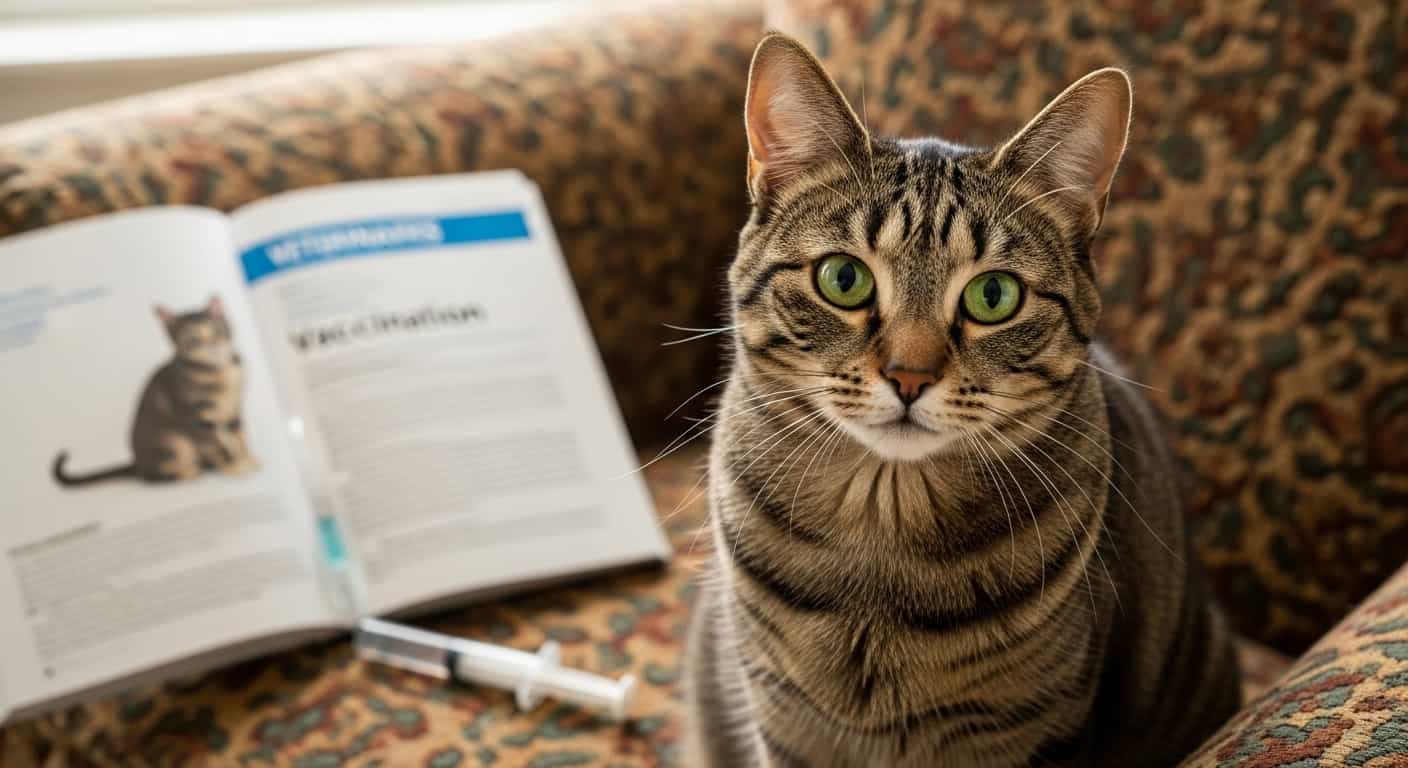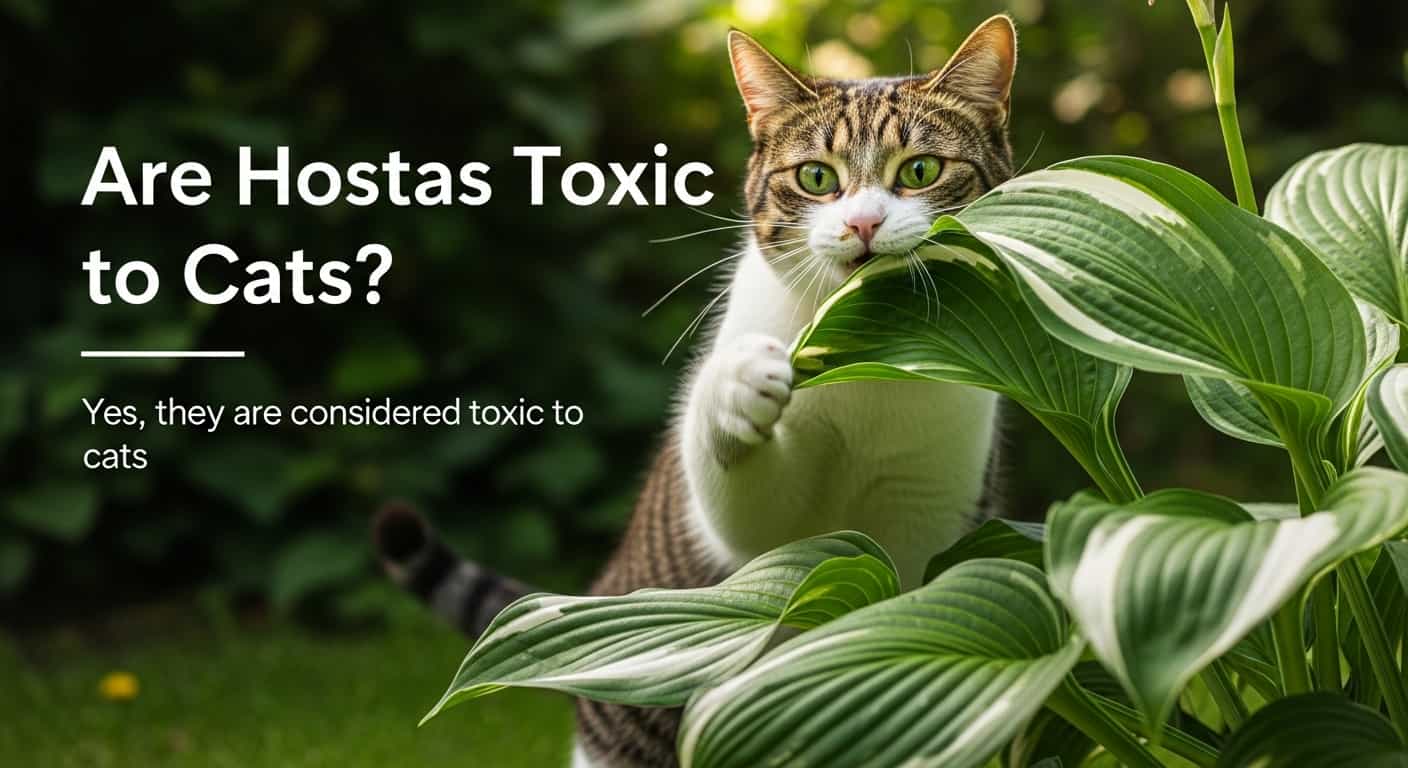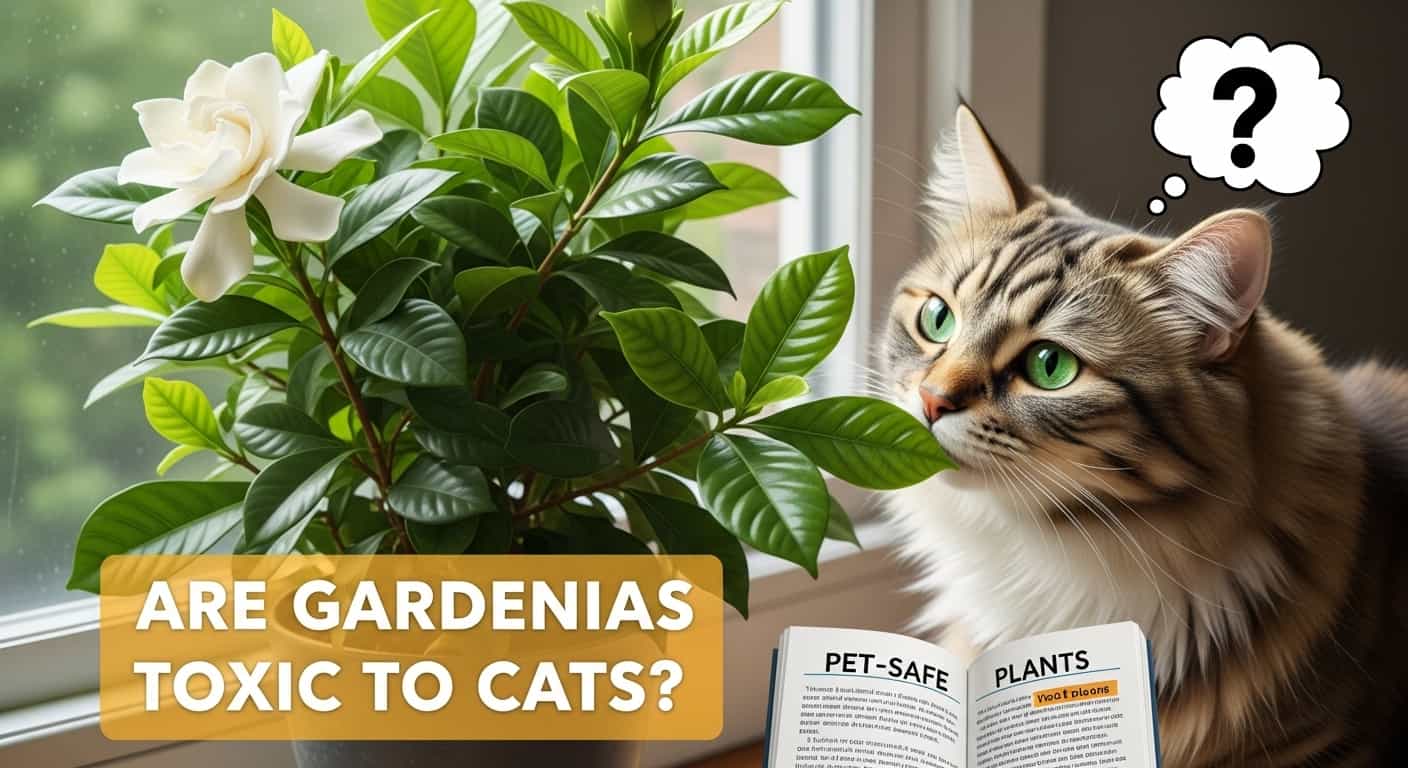Imagine the peace of mind knowing your beloved feline friend is protected from some of the most common and potentially dangerous diseases. As a caring cat owner, you want to ensure your pet’s health and safety, which is why understanding the FVRCP vaccine is crucial.
Table of Contents
ToggleThis essential vaccine shields your cat from a trio of infectious diseases: Feline Viral Rhinotracheitis, Calicivirus, and Panleukopenia. By the end of this article, you’ll gain clarity on why the FVRCP vaccine is a cornerstone of your cat’s health regimen, how it works, and when it should be administered.
Dive in to learn how to keep your cat purring happily and healthily.
Fvrcp Vaccine Components
The FVRCP vaccine is vital for cat health. It shields cats from three major diseases. Each component targets a specific threat. Understanding these components can help you protect your furry friend better.
Feline Viral Rhinotracheitis
Feline Viral Rhinotracheitis is a common cat virus. It causes respiratory issues. Symptoms include sneezing and nasal discharge. Vaccination helps control outbreaks and reduces disease severity. It is crucial for multi-cat environments.
Calicivirus Protection
Calicivirus affects a cat’s respiratory system. It causes mouth sores and arthritis. The FVRCP vaccine offers strong protection. It reduces the severity and spread of the disease. Your cat’s health benefits greatly from this protection.
Panleukopenia Prevention
Panleukopenia is a deadly cat virus. It is highly contagious. Symptoms include vomiting and diarrhea. The FVRCP vaccine prevents the spread of this virus. Vaccination is critical for kittens and adult cats alike.

Credit: www.animalhospitalofnashua.com
Importance Of Fvrcp Vaccine
The FVRCP vaccine is a crucial element in ensuring your cat’s health and well-being. This vaccine covers three significant feline viruses: Feline Viral Rhinotracheitis, Calicivirus, and Panleukopenia. Understanding its importance can protect your cat from severe illnesses and contribute to a healthier feline community.
Disease Prevention
Vaccinating your cat with FVRCP is a proactive step in safeguarding them against life-threatening diseases. Cats, particularly kittens, are highly susceptible to these viruses. Think of it as a protective shield that significantly reduces the risk of infection and severe symptoms.
Consider the case of my neighbor’s kitten, who developed a severe respiratory infection. Unfortunately, they had missed a crucial vaccination. This instance underscores the real-world importance of timely vaccinations.
Here's a related post that you might find useful. Natural Remedy for Constipation in Cats: Effective & Safe Solutions
Community Health Impact
Your vaccinated cat doesn’t just benefit from personal health; it contributes to the wider community’s safety. Unvaccinated cats can become carriers and spread viruses. By vaccinating your cat, you help curb the spread of these diseases, protecting other cats in your neighborhood.
Imagine a healthier, happier community where pets play and interact without the looming threat of contagious diseases. Your decision to vaccinate can be a significant contribution to this vision.
Long-term Health Benefits
Vaccines are not just about immediate protection; they lay the foundation for long-term health. Cats with a strong vaccination history tend to have fewer health complications as they age. This means fewer vet visits and less stress for you and your furry friend.
Have you ever noticed older cats enjoying a playful life? Often, these are the ones who received timely vaccinations and routine check-ups. A simple step today can ensure your cat remains active and healthy well into their senior years.
Isn’t it comforting to know that such a small action can have a profound impact on your cat’s future? Consider the FVRCP vaccine not just as a medical necessity, but as an investment in your pet’s lifelong health and happiness.
Fvrcp Vaccine Schedule
The FVRCP vaccine protects cats from three diseases: Feline Viral Rhinotracheitis, Calicivirus, and Panleukopenia. It’s crucial for maintaining feline health. Vaccination usually starts when kittens are six to eight weeks old. Regular booster shots ensure ongoing immunity against these common diseases.
Understanding the FVRCP Vaccine Schedule is crucial for ensuring your feline friend’s health. This vaccine protects against three serious diseases: Feline Viral Rhinotracheitis, Calicivirus, and Panleukopenia. Getting the timing right can make all the difference in your cat’s well-being. Whether you have a playful kitten or a mature adult cat, knowing the right schedule is key. Let’s explore the vaccination timeline for kittens, adult cats, and special cases where adjustments might be needed.Here's a related post that you might find useful. Natural Remedies for Overactive Thyroid in Cats: Effective & Safe Solutions
Kitten Vaccination Timeline
Kittens are highly vulnerable to diseases. As a responsible pet owner, you should start vaccinations early. Typically, the FVRCP vaccine is first administered when a kitten is around six to eight weeks old. After the initial shot, boosters are given every three to four weeks until your kitten reaches 16 to 20 weeks. Why so many? Because their immune system is still developing and needs consistent reinforcement. Imagine your kitten’s immune system like a blank slate, ready to absorb protection against harmful diseases. This early schedule ensures they grow up healthy and strong.Adult Cat Booster Shots
Your adult cat also needs protection. Just like humans need periodic health checks, your cat requires regular booster shots. How often should these boosters be given? Most veterinarians recommend a booster every one to three years. The exact timing can vary based on your cat’s health and lifestyle. Is your cat more of a couch potato or a daring outdoor explorer? These boosters keep their defenses robust, ready to fend off any potential threats. Remember, keeping up with boosters is easier than dealing with a sick cat.Special Cases And Adjustments
Not all cats fit into the standard schedule. Some may have health conditions or previous reactions to vaccines. What if your cat falls into this category? Consult your vet for a tailored plan. If your cat has a chronic illness or is elderly, adjustments might be necessary. Think of these adjustments as custom solutions for unique situations. It’s about finding what works best for your furry friend’s specific needs. Have you ever had to adjust your own schedule for something important? Your cat deserves the same consideration. In the end, the key lies in understanding your cat’s unique requirements and staying in touch with your vet. Are you ready to ensure your cat gets the best protection possible? The right vaccine schedule is a step in the right direction.Potential Side Effects
The FVRCP vaccine is crucial for safeguarding your cat’s health. It’s essential to understand the potential side effects. This knowledge helps you prepare and care for your feline friend.
Common Reactions
Most cats experience mild reactions to the FVRCP vaccine. These include slight fever, tiredness, and reduced appetite. Swelling at the injection site is typical. These effects usually vanish within a day or two. Keep an eye on your cat during this period.
Rare Complications
Serious side effects are uncommon but can occur. Allergic reactions might lead to difficulty breathing or vomiting. Some cats may develop lumps that don’t go away. In rare cases, seizures or behavioral changes happen. Immediate veterinary attention is necessary if these symptoms appear.
Monitoring And Care
Regular observation is key after vaccination. Watch for any unusual behavior or symptoms. Ensure your cat stays hydrated and comfortable. Contact your vet if reactions persist or worsen. Timely intervention can prevent complications. Your cat’s health is the priority.
Choosing The Right Vaccine Provider
Choosing the right vaccine provider ensures the FVRCP vaccine for cats, protecting against feline viral rhinotracheitis, calicivirus, and panleukopenia. Trusted providers offer essential protection for your pet’s health, ensuring safe and effective vaccination.
Choosing the right vaccine provider ensures your cat’s health. Proper vaccination prevents diseases and protects their well-being. Understanding your options helps make informed choices. Here’s what you need to know.Veterinary Clinics
Veterinary clinics offer professional vaccination services. Trained veterinarians administer vaccines safely. Clinics provide a controlled environment. They ensure proper storage and handling of vaccines. Access to medical records and history helps tailor vaccination plans. Clinics often offer comprehensive health checks during visits. This ensures overall well-being.Mobile Vaccination Services
Mobile vaccination services bring convenience to your doorstep. They offer flexibility in scheduling appointments. Trained professionals administer vaccines in your home. This reduces stress for your cat. Mobile services often offer personalized care. They cater to specific needs and preferences. This option suits busy lifestyles.Cost Considerations
Costs vary between providers. Veterinary clinics may charge higher fees. They provide comprehensive services and expertise. Mobile services might offer competitive pricing. Cost often depends on location and service quality. Compare prices and services. Look for discounts or packages. Consider long-term benefits. Prioritize quality and expertise over cost alone.Fvrcp Vaccine Myths
The FVRCP vaccine is essential for ensuring your cat’s health. However, myths surrounding it often lead to confusion and hesitancy. Understanding these myths can help you make informed decisions about your cat’s well-being. Let’s debunk some common misconceptions about the FVRCP vaccine.
Misconceptions About Efficacy
Some believe that the FVRCP vaccine isn’t effective in preventing diseases. This myth is often fueled by anecdotal evidence rather than scientific data. In reality, the vaccine protects against three major feline diseases: Feline Viral Rhinotracheitis, Calicivirus, and Panleukopenia.
Consider this: would you risk your cat’s health based on a myth? The efficacy of the FVRCP vaccine is backed by veterinary research and years of successful immunization. Trust in science, not hearsay.
Safety Concerns
Safety concerns about vaccines are common, not just for pets but for humans too. Some worry about potential side effects from the FVRCP vaccine. In truth, side effects are rare and usually mild, such as slight discomfort at the injection site.
Imagine your cat’s robust health outweighing a minor, temporary reaction. Veterinarians monitor vaccine safety rigorously, ensuring that the benefits far exceed any risks.
Addressing Vaccine Hesitancy
Vaccine hesitancy isn’t just a human issue; it affects pet owners too. You might wonder if your cat really needs the FVRCP vaccine. The answer is yes—it’s crucial for preventing serious illnesses.
Ask yourself, do you want to protect your furry friend from preventable diseases? Hesitation often stems from misinformation. Educate yourself through reliable sources and consult your vet to address any doubts.
Have you ever hesitated to vaccinate your cat due to myths? Understanding the truth behind these misconceptions can empower you to make the best choices for your pet’s health.
Future Of Feline Vaccinations
The future of feline vaccinations holds promising developments. As cat owners, understanding these advancements can ensure better health for your furry friends. The FVRCP vaccine is essential for protecting cats against various diseases. Innovations in this field aim to enhance its effectiveness and accessibility.
Advancements In Vaccine Technology
Vaccine technology has improved significantly over the years. Scientists are working on safer formulas for pets. These new vaccines could reduce side effects. Enhanced efficacy is also a priority. Researchers focus on longer-lasting protection. This means fewer booster shots for your cat.
Potential New Additions
New vaccines are being researched for emerging feline diseases. These additions aim to combat new health threats. As diseases evolve, so must vaccines. Keeping up with new strains is crucial. Experts are exploring vaccines for newly identified viruses. This ensures comprehensive protection for all cats.
Improving Access And Coverage
Efforts are underway to make vaccines more accessible. Lower costs can help more pet owners afford vaccinations. Clinics are expanding coverage areas. Mobile units might bring vaccines to remote locations. Public awareness campaigns highlight the importance of vaccination. This encourages responsible pet care among cat owners.
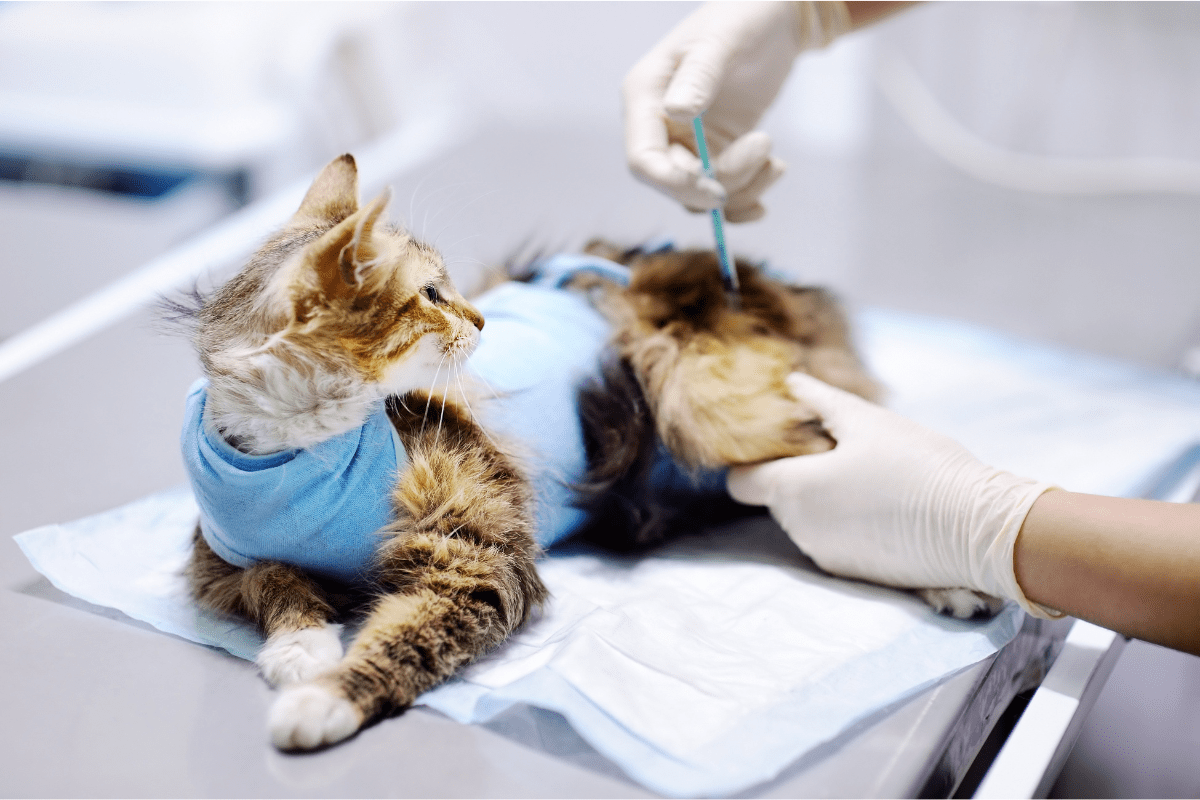
Credit: metrovetclinic.com
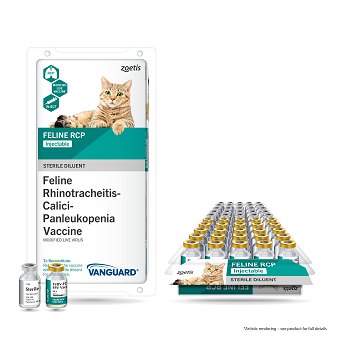
Credit: www.zoetisus.com
Frequently Asked Questions
What Is The Fvrcp Vaccine For Cats?
The FVRCP vaccine is a core vaccine for cats. It protects against feline viral rhinotracheitis, calicivirus, and panleukopenia. These are highly contagious diseases. Vaccination is crucial for your cat’s health and wellbeing. Consult your veterinarian for a suitable vaccination schedule.
How Often Should Cats Receive The Fvrcp Vaccine?
Kittens receive the FVRCP vaccine every 3-4 weeks until 16 weeks old. Adult cats need a booster annually or every three years. Frequency depends on your cat’s health and lifestyle. Consult your veterinarian for personalized advice.
Are There Side Effects Of The Fvrcp Vaccine?
Most cats experience mild side effects like lethargy or fever. Serious reactions are rare but can include vomiting or swelling. Always monitor your cat after vaccination. Contact your veterinarian if you notice unusual symptoms.
Is The Fvrcp Vaccine Mandatory For All Cats?
While not legally mandatory, the FVRCP vaccine is highly recommended. It protects against serious, contagious diseases. It is considered a core vaccine for cats. Discuss your cat’s vaccination needs with your veterinarian.
Conclusion
The FVRCP vaccine is vital for your cat’s health. It protects against serious diseases. Regular vaccinations keep your cat safe and healthy. Always consult your vet for advice. They can guide you on the best vaccination schedule. Your cat’s health is a top priority.
Staying informed ensures you make the best choices. Vaccinations are an essential part of pet care. They prevent illnesses and promote long life. Investing in your cat’s health now can save future worries. So, keep your furry friend protected. Their well-being is in your hands.

